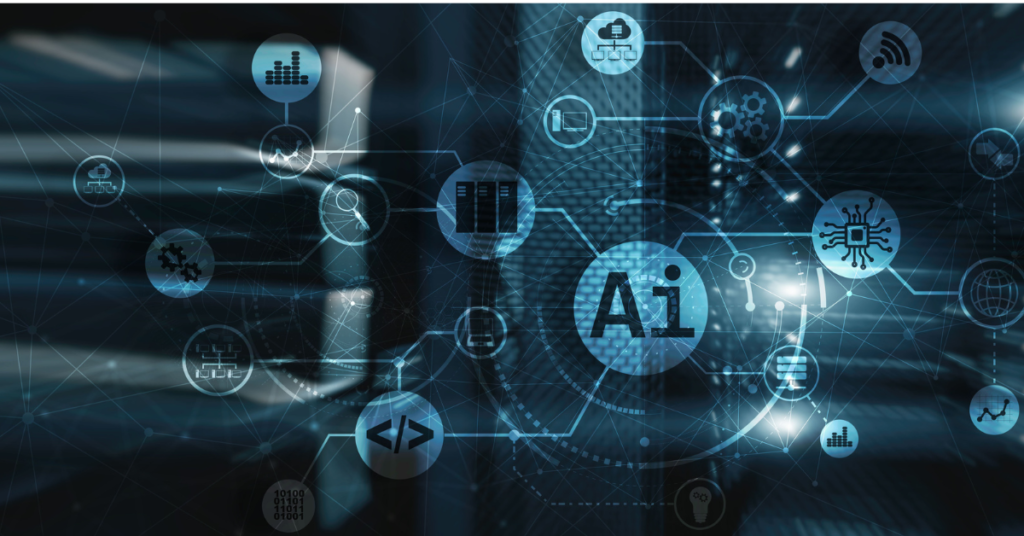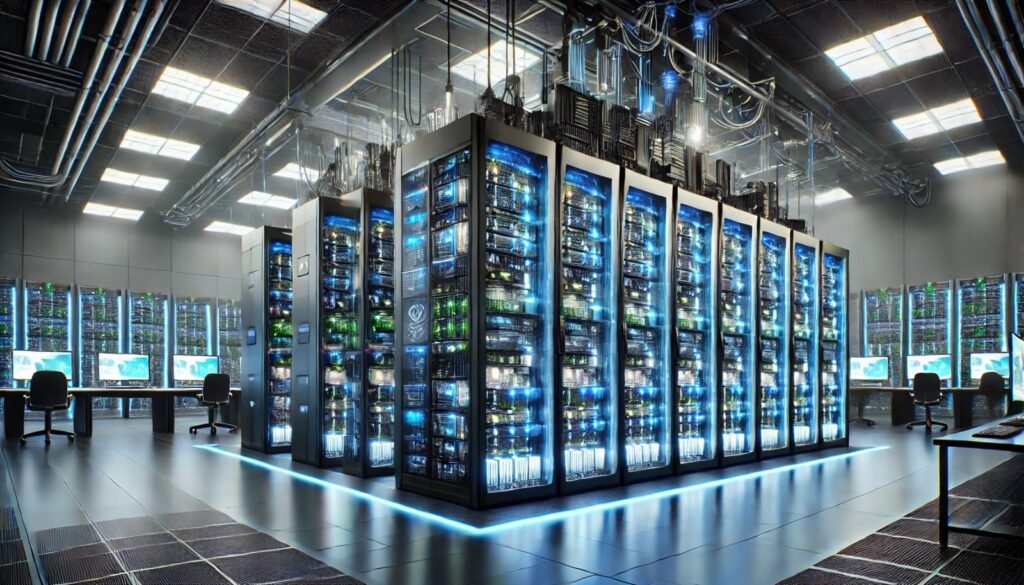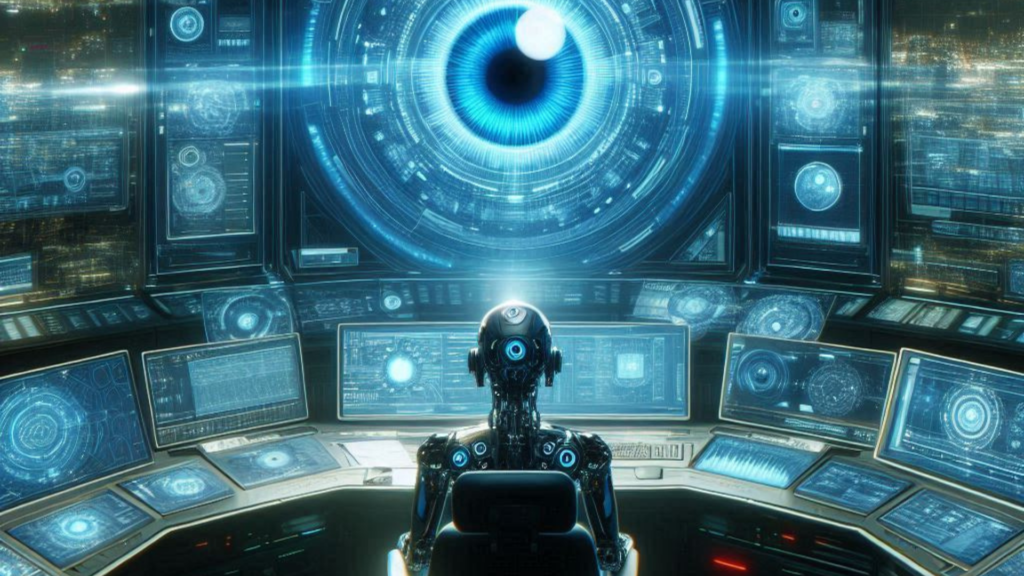The Fascinating History of AI: A Journey Through Time
AI has come a long way since its humble beginnings in the ancient world. It’s a journey filled with both triumphs and setbacks, but one that has ultimately led us to the transformative technology we see today. Let’s delve deeper into the fascinating history of AI and explore some of its most significant milestones:
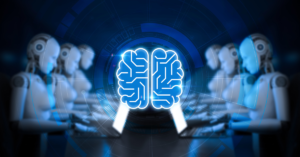
Early Beginnings:
- Ancient Greece: The concept of intelligent machines can be traced back to works like Homer’s Iliad and Hesiod’s Theogony, where robots and automatons appear.
- Middle Ages: Arab scholars like Al-Jazari built complex automata powered by water and gears, demonstrating mechanical ingenuity.
- 1600s: Philosophers like René Descartes and Gottfried Leibniz speculated about the possibility of artificial intelligence, laying the groundwork for future discourse.
The Rise of Machines:
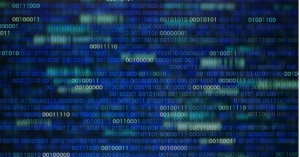
- 19th Century: Charles Babbage designed the Analytical Engine, a mechanical computer that could perform complex calculations, laying the foundation for modern computing.
- 1940s and 1950s: Alan Turing introduced the Turing test, a benchmark for machine intelligence, and Claude Shannon laid the foundation for information theory, two key concepts in AI.
- 1956: The Dartmouth Conference marks the official birth of AI research, bringing together leading minds like John McCarthy, Marvin Minsky, and Nathaniel Rochester.
Early Achievements and Setbacks:
- 1960s: Early successes like the General Problem Solver and Eliza chatbot sparked optimism, but AI research faced limitations in computing power and theoretical understanding.
- 1974-1980: The first “AI winter” occurred due to over-ambitious goals and under-developed technology, leading to a decline in funding and research activity.
- 1980s: Expert systems found success in specific domains like medical diagnosis and financial analysis, demonstrating AI’s potential for real-world applications.
- 1986: The development of the backpropagation algorithm provided a breakthrough for neural networks, paving the way for the deep learning revolution.
Modern Advancements and Future Potential:
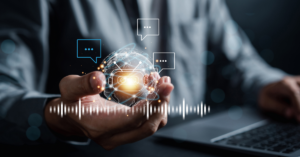
- 1990s: AI research continued to progress, with advancements in natural language processing, computer vision, and machine learning algorithms.
- 2000s: Deep learning emerged as a powerful tool, driving breakthroughs in areas like image recognition and speech recognition.
- 2010s: AI systems achieved remarkable feats like winning the game show Jeopardy! and defeating professional Go players, showcasing its capabilities.
- 2020s: AI continues to evolve rapidly, impacting various industries and raising ethical concerns about potential job displacement and bias.
Beyond the Timeline:
- Impact on Society: AI’s impact extends beyond technology, influencing fields like philosophy, psychology, and economics, prompting debates about consciousness, free will, and the future of humanity.
- Ethical Considerations: As AI systems become more powerful, ethical concerns arise regarding transparency, accountability, and potential biases, necessitating careful development and responsible implementation.
- Future Directions: Research in AI continues to explore new frontiers, including artificial general intelligence, deep reinforcement learning, and neuromorphic computing, holding promise for further advancements and transformative changes in our world.
This expanded version of the history of AI provides additional context and highlights key figures, important milestones, and ongoing debates surrounding this rapidly evolving field. It underscores the significant progress made in AI and its potential to shape the future of society.
Key milestones in the history of AI:
- 1950: Alan Turing publishes his paper “Computing Machinery and Intelligence” and introduces the Turing test.
- 1956: The Dartmouth Summer Research Project on Artificial Intelligence is held, which is widely considered to be the birth of AI as a distinct academic discipline.
- 1957: Arthur Samuel develops a checkers program that can learn to play the game at a superhuman level.
- 1965: Joseph Weizenbaum develops ELIZA, a chatbot that can simulate human conversation.
- 1970s: AI research experiences a setback known as the “AI winter.”
- 1980s: AI research begins to regain momentum due to the development of new AI algorithms, such as backpropagation.
- 1990s: Deep Blue, a chess-playing computer, defeats world champion Garry Kasparov. Watson, a Jeopardy!-playing computer, defeats two human champions.
- 2010s: AI experiences a renaissance due to the development of new machine learning algorithms, such as deep learning.
- 2020s: AI is now being used in a variety of real-world applications, including self-driving cars, medical diagnosis, and fraud detection.
The future of AI is very promising. As AI technology continues to develop, it is likely to have an even greater impact on our lives.

